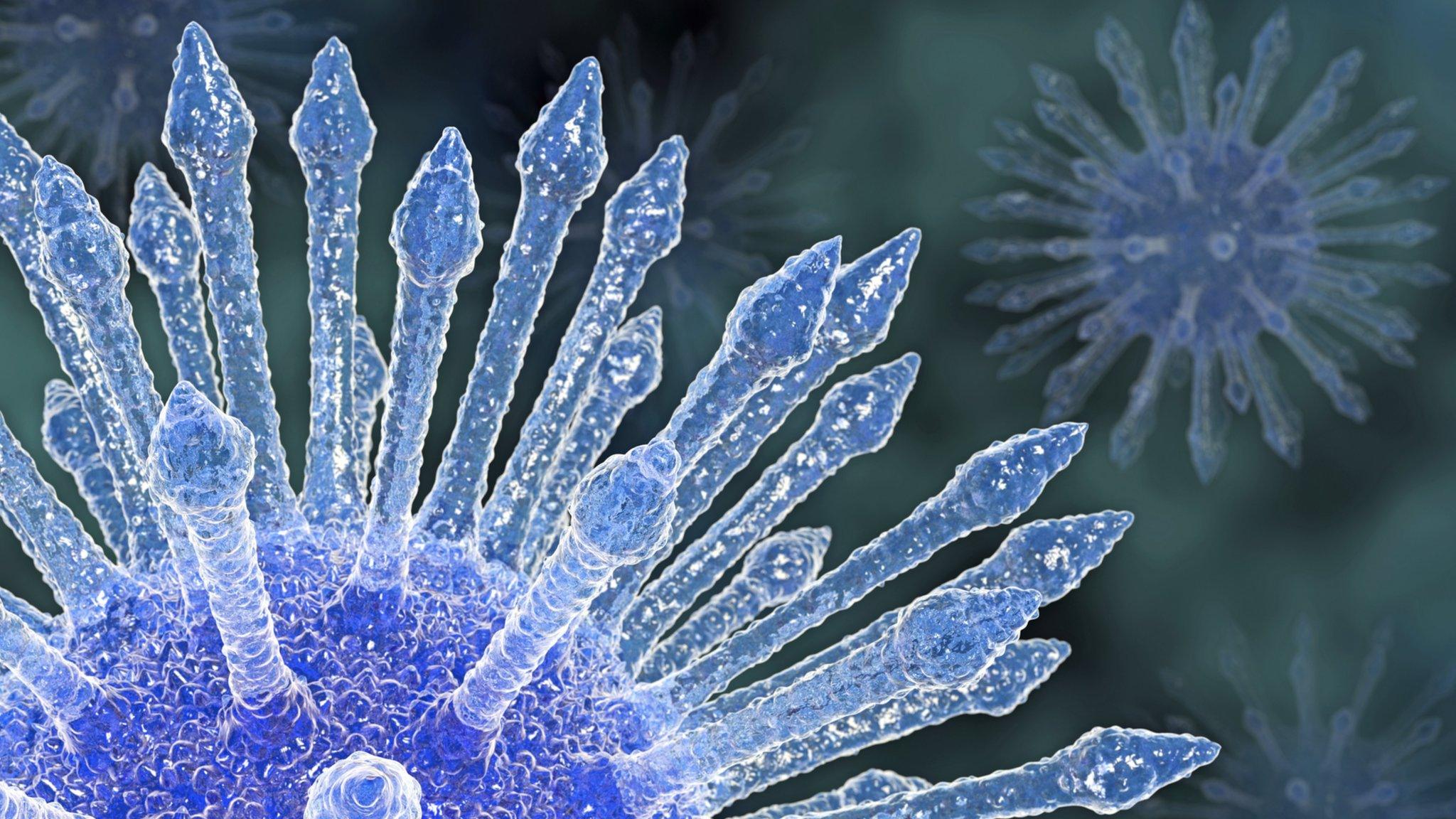Early HIV drugs 'may not stop virus'
- Published

HIV can rapidly form invulnerable strongholds in the body, dashing hopes that early treatment might cure the virus, according to new research.
A baby was thought to have been cured with treatment hours after birth, but the virus emerged years later.
Monkey research, published in the journal Nature, external, suggests untouchable "viral reservoirs" form even before HIV can be detected in the blood.
Experts described it as a "sobering" and "striking" finding.
Reservoirs of HIV in the gut and brain tissue are the massive obstacle in the way of a cure.
Remarkable progress in developing antiretroviral drugs means HIV can be kept in check in the bloodstream and patients have a near-normal life expectancy.
But if the drugs stop, the virus will emerge from its reservoirs.
International research is focused on flushing the virus out of its reservoirs, but there had been hope that early treatment could prevent them forming in the first place.
'Established'
In the study, rhesus monkeys were infected with the monkey equivalent of HIV - simian immunodeficiency virus (SIV).
The monkeys were then given antiretroviral drugs as early as three days or as late as two weeks after infection.
Treatment stopped after six months, but the virus re-emerged irrespective of how quickly antiretroviral treatment started.
It showed that viral reservoirs formed incredibly early in the course of the infection.
Dan Barouch, professor of medicine at Harvard Medical School, said: "Our data show that in this animal model, the viral reservoir was seeded substantially earlier after infection than was previously recognised.
"We found that the reservoir was established in tissues during the first few days of infection, before the virus was even detected in the blood."
Three quarters of new HIV cases are in just 15 countries
'Rebounding'
It had been believed a baby girl born with HIV had been cured after very early treatment.
The "Mississippi baby" was given HIV drugs for the first 18 months of life, but then they were stopped.
Initially the virus did not return and there was hope she had been effectively cured.
But last week it was announced that the girl, now four years old, was no longer in remission after nearly two years off the drugs.
"The unfortunate news of the virus rebounding in this child further emphasises the need to understand the early and refractory viral reservoir that is established very quickly following HIV infection in humans," Prof Barouch added.
Kai Deng and Robert Siliciano, of the School of Medicine at Johns Hopkins University, in Baltimore, Maryland, commented: "These data indicate that the viral reservoir could be seeded substantially earlier than previously assumed, a sobering finding that poses additional hurdles to HIV eradication efforts.
"Although early treatment may not prevent reservoir seeding, it has been consistently shown to reduce the size of the reservoir."
They highlighted significant differences between these experiments and the human HIV infection, but concluded that the findings "suggest new approaches in addition to early treatment will be necessary to eradicate HIV infection".
- Published21 July 2014
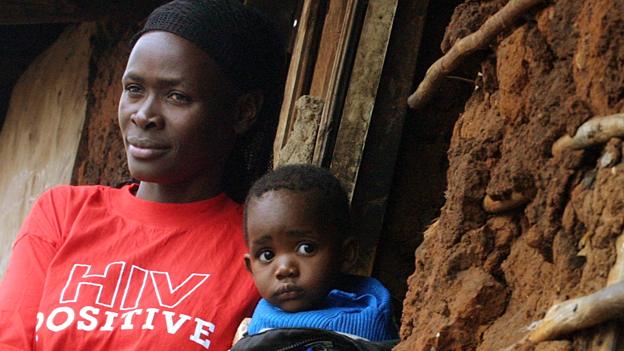
- Published10 July 2014
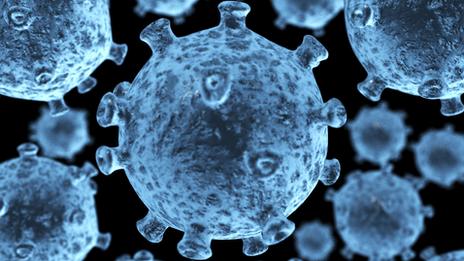
- Published15 March 2013
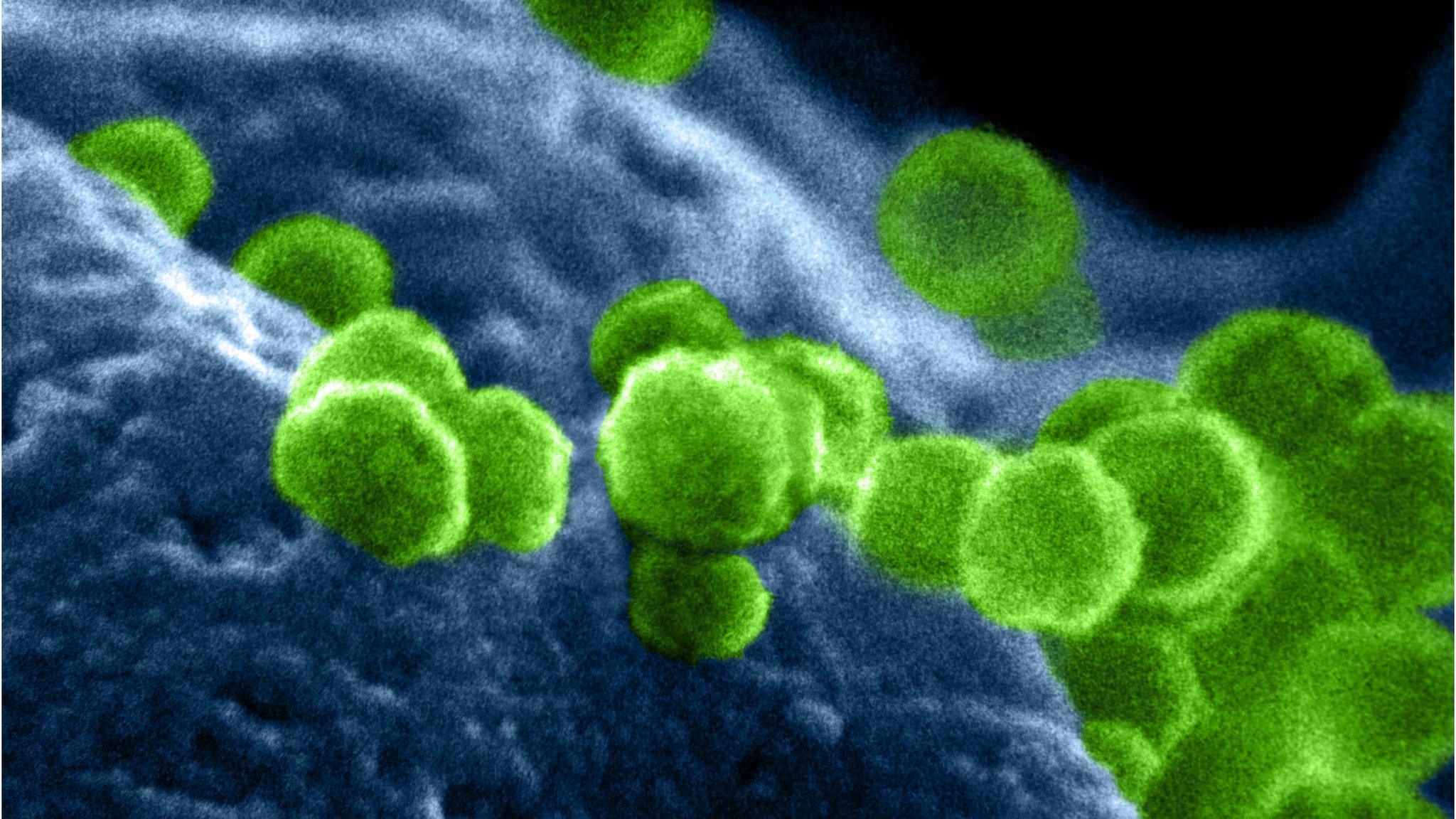
- Published16 July 2014
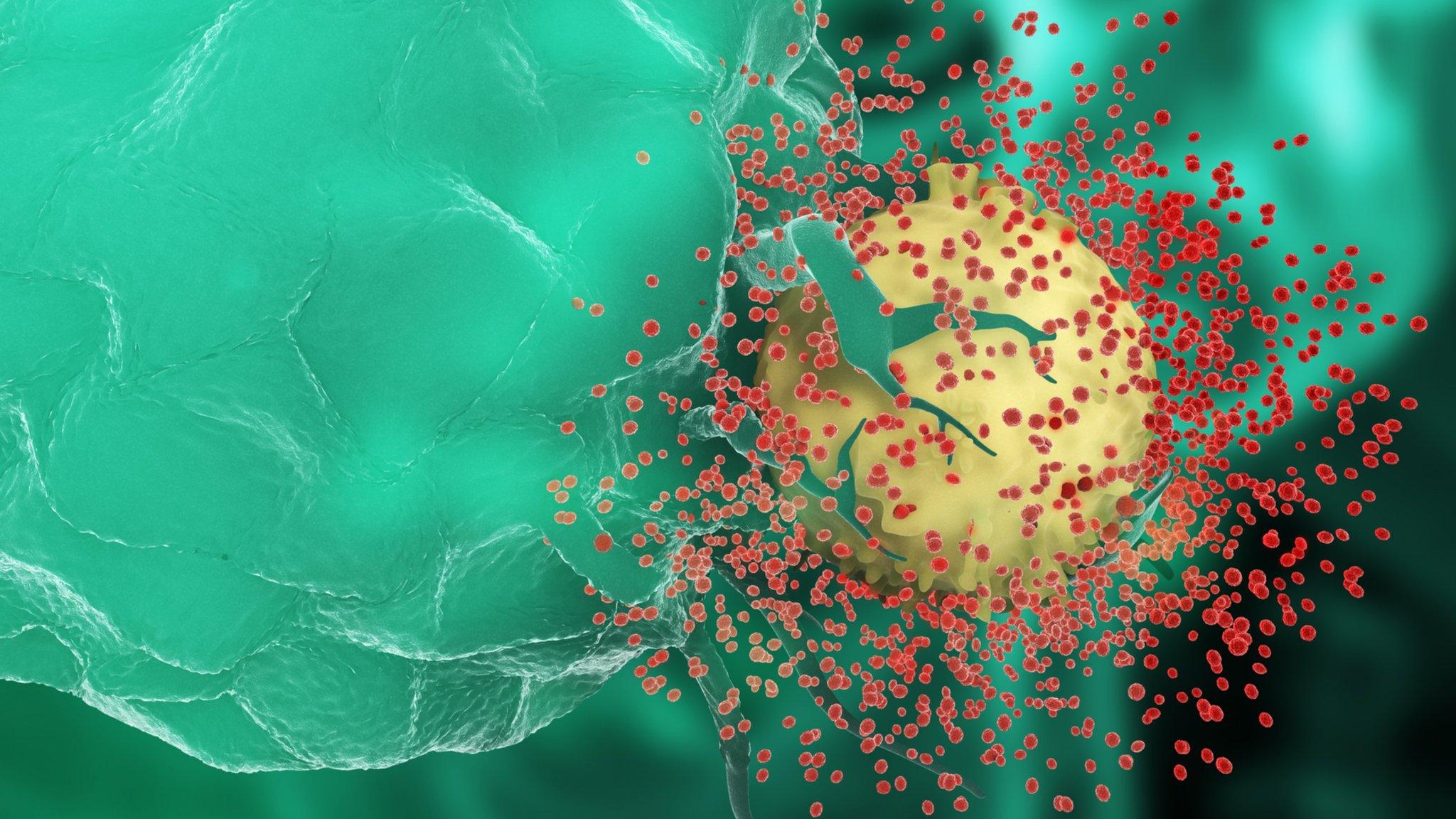
- Published31 October 2013
